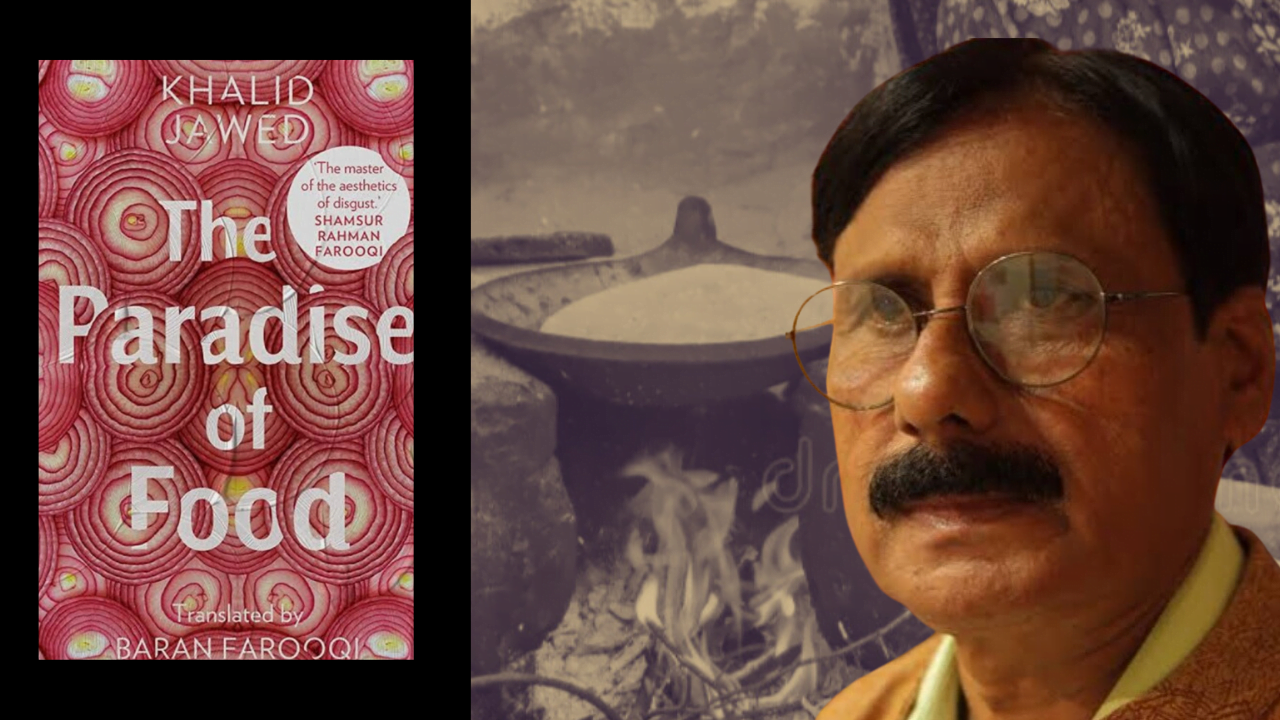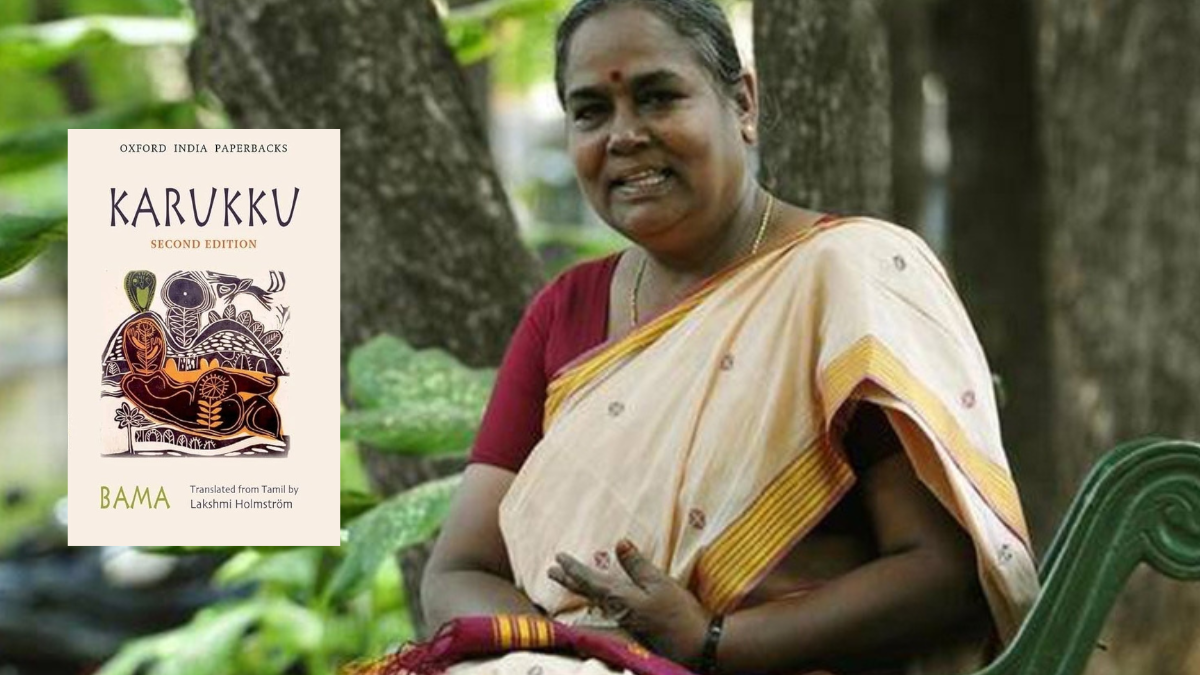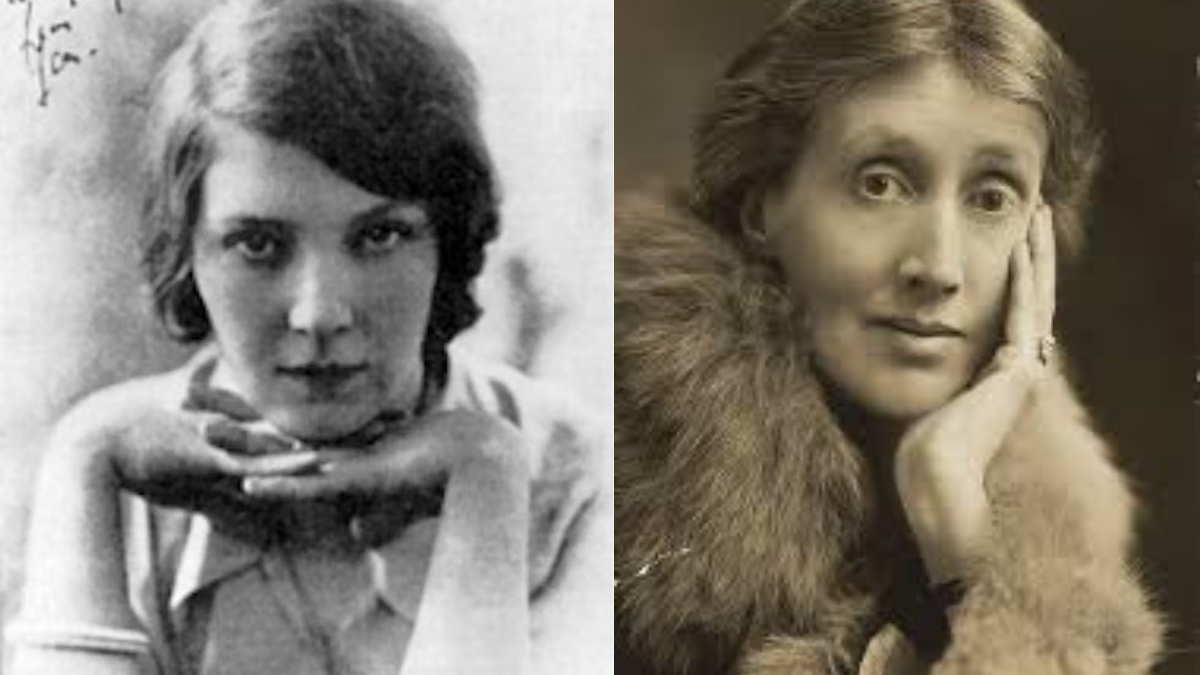Described in Khalid Jawed’s The Paradise of Food as the most dangerous space in the house, the kitchen is a transformative space that carries a plethora of meanings, many of which find expression in Jawed’s brilliant novel that describes the myriad ways in which the course of our lives are determined by our hunger and appetite.
Winner of last year’s JCB Prize for Literature, The Paradise Of Food was originally published in Urdu in 2014 with the title Nemat Khana. Translated by Baran Farooqi, the novel is the story of an orphaned Muslim boy, lovingly called Guddu Miyaan, who spent his growing years in a joint family. Through his recollections of the past, he divulges the peculiar habits and idiosyncrasies of the family members to the reader as he traces the sources of his guilt and melancholy in memories that haunted him all his life.
Winner of last year’s JCB Prize for Literature, The Paradise Of Food was originally published in Urdu in 2014 with the title Nemat Khana. Translated by Baran Farooqi, the novel is the story of an orphaned Muslim boy, lovingly called Guddu Miyaan, who spent his growing years in a joint family. Through his recollections of the past, he divulges the peculiar habits and idiosyncrasies of the family members to the reader as he traces the sources of his guilt and melancholy in memories that haunted him all his life.

By establishing the kitchen as the locus of the house, Jawed sheds light on its paradoxical potential for corrupting and sustaining life. The patriarchal and oppressive influences within the family are laid bare by navigating the appetites of the characters and exploring the close link between the nourishing and the grotesque elements. Bringing things that symbolise life and death into a striking harmony, Jawed prepares the groundwork for delineating the hostility and threat of violence that circumscribes the lives of women and animals in the domestic sphere.
A dangerous and risk-laden place: The kitchen
At the core of the novel lies the idea that all things used in the kitchen have concealed within them the ability to turn into a weapon. The protagonist conceives the kitchen as a battleground, implying the possibilities of both triumph and defeat in the acts of creation and consumption. The novel seems to borrow from the Biblical story of Adam and Eve as it builds on the idea of delicacies transmuting into portents of failures, death and disease.
By proposing the Kitchen as the locus of the house and indicating the presence of double-faced entities, Jawed seems to provide a commentary on the duality of human existence, wherein the things that support life can coincidentally destroy it as well.
The cup of tea enjoyed with a loved relative leads to days of fever and anguish as the narrator realises that the milk used in making it was spoiled by a lizard. Similarly, the food cooked by one family member compels others to take medicine for indigestion after eating it. Using such instances, Jawed conveys that the food cooked in the kitchen has the potential to nourish as well as poison. By proposing the Kitchen as the locus of the house and indicating the presence of double-faced entities, Jawed seems to provide a commentary on the duality of human existence, wherein the things that support life can coincidentally destroy it as well.
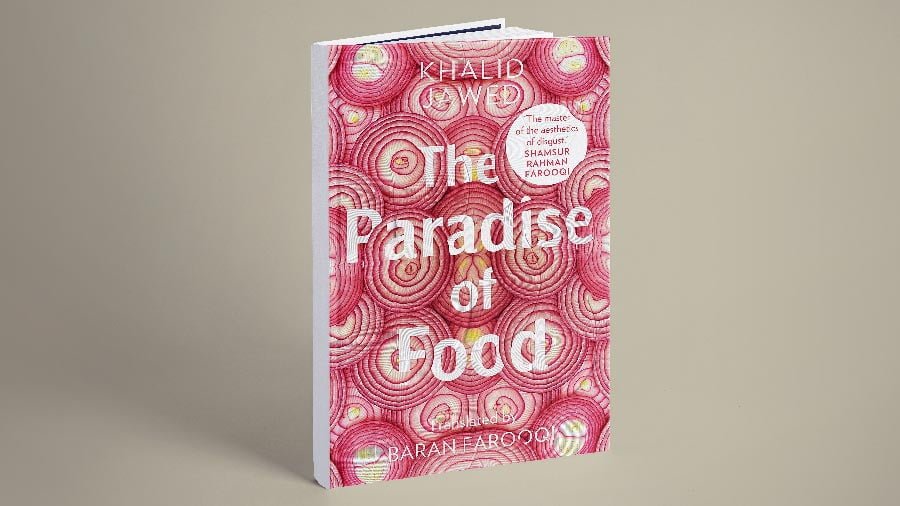
While the kitchen is portrayed as a phantasmagorical space that creates endless possibilities, Jawed does not overlook its complicity in deteriorating the quality of life led by women in the household. In his description of the female members of the family, he observes the violence against women and its destructive effects. Women in the novel have no freedom to dictate their lives and unquestionably submit to the decisions of the dominating patriarchs. They spend most of their time in the kitchen, with their eyes turning watery because of the smoke and their faces resembling the sooty kitchen walls. As a result of the exhaustive and repetitive cycle of preparing three square meals, their skin becomes insensitive to hard labour.
In an article on domestic work, Mariarosa Dalla Costa writes, “The woman becomes productive inasmuch as the complete denial of her personal autonomy forces her to sublimate her frustration in a series of continuous needs that are always centred in the home“. Through a string of striking sentences, Javed depicts how women channel their repressed creative and sexual energy into their domestic work which manifests through their loud and aggressive engagement with the pots and pans in the kitchen.
Interestingly, through the noticeable absence of men in the kitchen, Jawed’s book succeeds in depicting their indifference to domestic labour and attitude that relegates women to mere objects condemned to preparing meals every day.
The onerous and backbreaking nature of their work comes to determine their relationship with their partners as well. Interestingly, through the noticeable absence of men in the kitchen, Jawed’s book succeeds in depicting their indifference to domestic labour and attitude that relegates women to mere objects condemned to preparing meals every day.

The novel defines the kitchen as a constructed text of humans that contains thousands of hidden meanings. By identifying its significance in occasions of weddings and festivals as well as deaths, the writer locates the essence of the house in the kitchen. In his recognition of hunger as the universal language in the world, the narrator articulates his perception of people and events by noticing the disquiet of their appetites. Throughout the novel, the narrative remains consistent in perpetuating the idea that the essence of man lies in the bowels and that all the viciousness and gluttony in his nature is an organic product of his appetite.
While exploring the hostility of the kitchen, the novel also explores it as a space that affirms individuality and sustains friendships. Cooking, like any act of creation, is unique and varies in style from person to person. The roles in the kitchen are executed differently by each family member, resulting in food varying in flavour even when the same recipe is followed. To alleviate the repetitive mundanity of their work, the women in the novel experiment with new recipes, allowing their creativity to find an outlet. As a place that breeds both friendships and rivalries between women, the kitchen is depicted as a transformative space, a metaphorical combat zone that permits innovation, confrontations and sisterhoods.
Co-existence with the non-human other in The Paradise Of Food
While explicating the interplay between life and death through the metaphor of hunger, Jawed’s novel depicts that even animals are victims of their appetites. Small animals like lizards, cockroaches and baby snakes cohabit in the family house and make themselves at home by residing in the crevices of its dilapidated structure.
Tracing the precarity of their fragile presence in the domestic space, the novel sheds light on crucial themes of indifference, brutality and co-existence. When the narrator compares the lizards and the faces of the women working in the kitchen to the dark sooty walls, he portrays how animals are equally vulnerable to the inimical effects of labour.
The animals in the novel become witnesses to the sins of man and represent the “other” whose existence in the public sphere is barely tolerated. The frequency of accidents involving animals in the novel exhibits how inconsiderate and unsuitable man’s world is for animals who although aren’t outrightly denied co-existence, repeatedly pay the price for living in a space meant for the convenience of man alone.
The narrator’s house gives asylum to various animals, like the parrot who would greet the narrator by his name, the cobra who devoured hens but never bit a human, the rats who successfully avoided mousetraps and squirrels who committed suicides. In the novel, the writer depicts the helplessness and fragility of the existence of animals when a pet squirrel jumps in a hot chulha, after being frightened by the hissing sound of water on blazing wood.
Animals, not used to sounds made in the kitchen, are prone to confusing them for signs of danger and their lives are threatened by modern developments as they do not know how to navigate their way around them safely. Jawed further highlights the painful existence of animals in urban cities using instances where animals die by getting electrocuted by electric poles and wires.

The animals in the novel become witnesses to the sins of man and represent the “other” whose existence in the public sphere is barely tolerated. The frequency of accidents involving animals in the novel exhibits how inconsiderate and unsuitable man’s world is for animals who although aren’t outrightly denied co-existence, repeatedly pay the price for living in a space meant for the convenience of man alone.
The violence of disgust in The Paradise Of Food
In his ‘Critique of Judgement‘, Immanuel Kant describes how closely disgust relates to the “lower” senses of smell and taste. Since it is contingent on senses that enter and pervade our body, disgust has an imposing nature that yields an anti-aesthetic effect. As the experience of disgust remains etched in our memory for a longer time, it demands to be remembered. In the novel, through the juxtaposition of dissimilar elements and the creation of undesirable combinations, the story progresses in the form of memories that arouse disgust. The writer’s decision to bring only the nauseating memories of the narrator to light indicates the persistence of the experience of disgust that overshadows every other sensibility.
In his explicit detailing of life-sustaining and corrupting elements and their various combinations, Jawed brings to the fore the hard truth about life’s proximity to death. The brilliance of the book lies in how seamlessly the narrative flows and every phenomenon boils down to the universal language of hunger.
The theme of disgust in the novel, The Paradise Of Food, also portrays the depravity of human life. Using instances where women relish talking about burnt genitals, men wipe their faces clean with chapatis and water from a certain community is seen as polluted by people of different religions, Jawed shows the decadence and lack of morality that characterises modern society. The absence of values and compassion is made apparent as humans themselves are posited as objects of disgust in their desensitisation and indifference to violence.
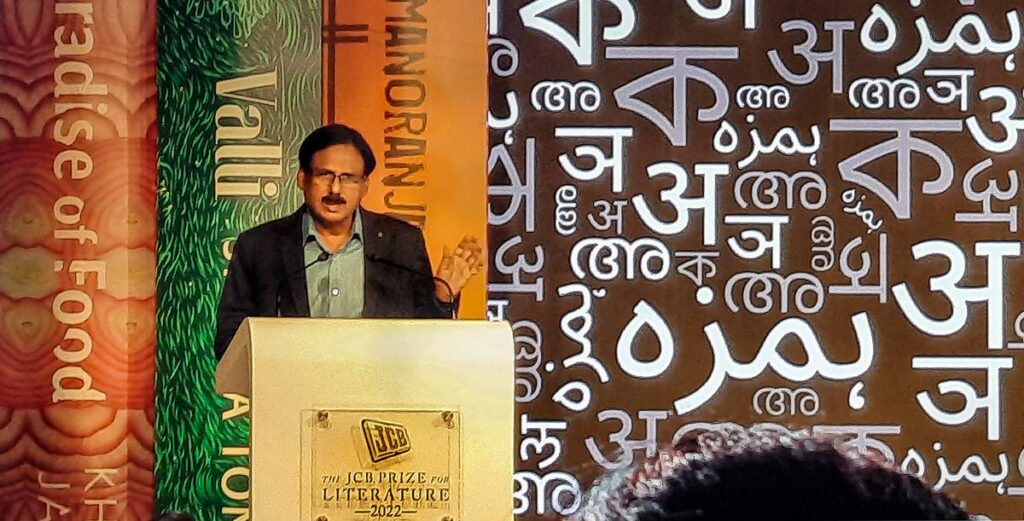
In his explicit detailing of life-sustaining and corrupting elements and their various combinations, Jawed brings to the fore the hard truth about life’s proximity to death. The brilliance of the book lies in how seamlessly the narrative flows and every phenomenon boils down to the universal language of hunger. Due to its unfiltered descriptions, The Paradise Of Food is closer to life and is able to present things that are embarrassing to speak out loud but constitute the truth of our existence.
